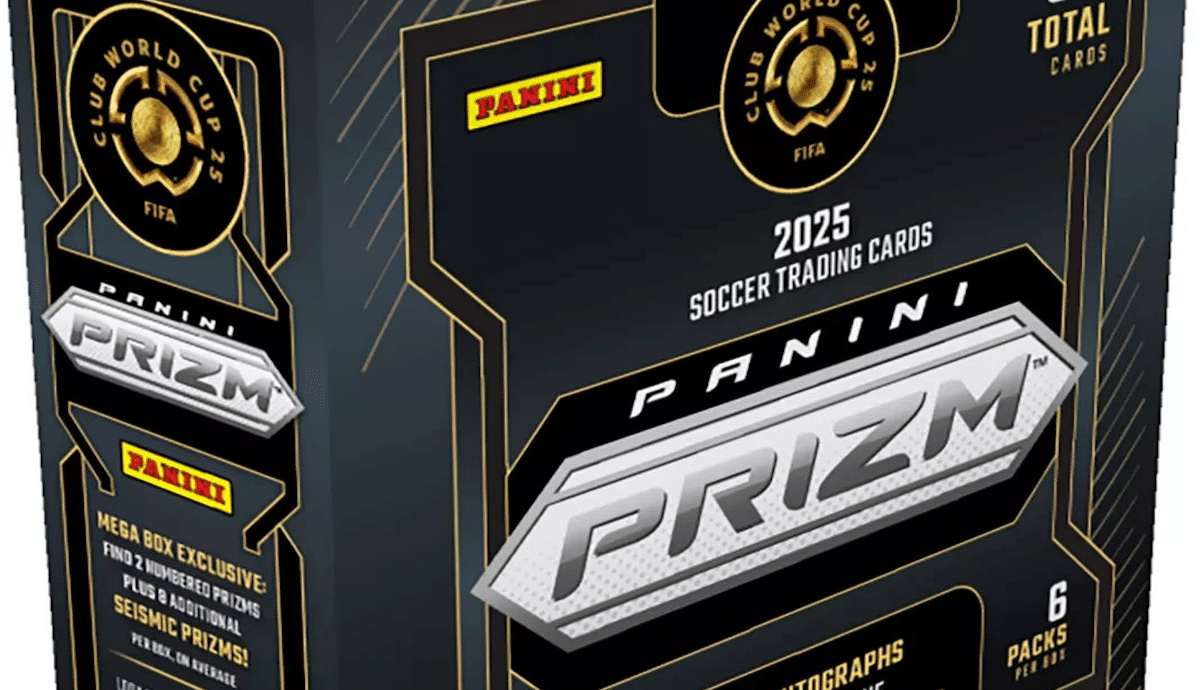
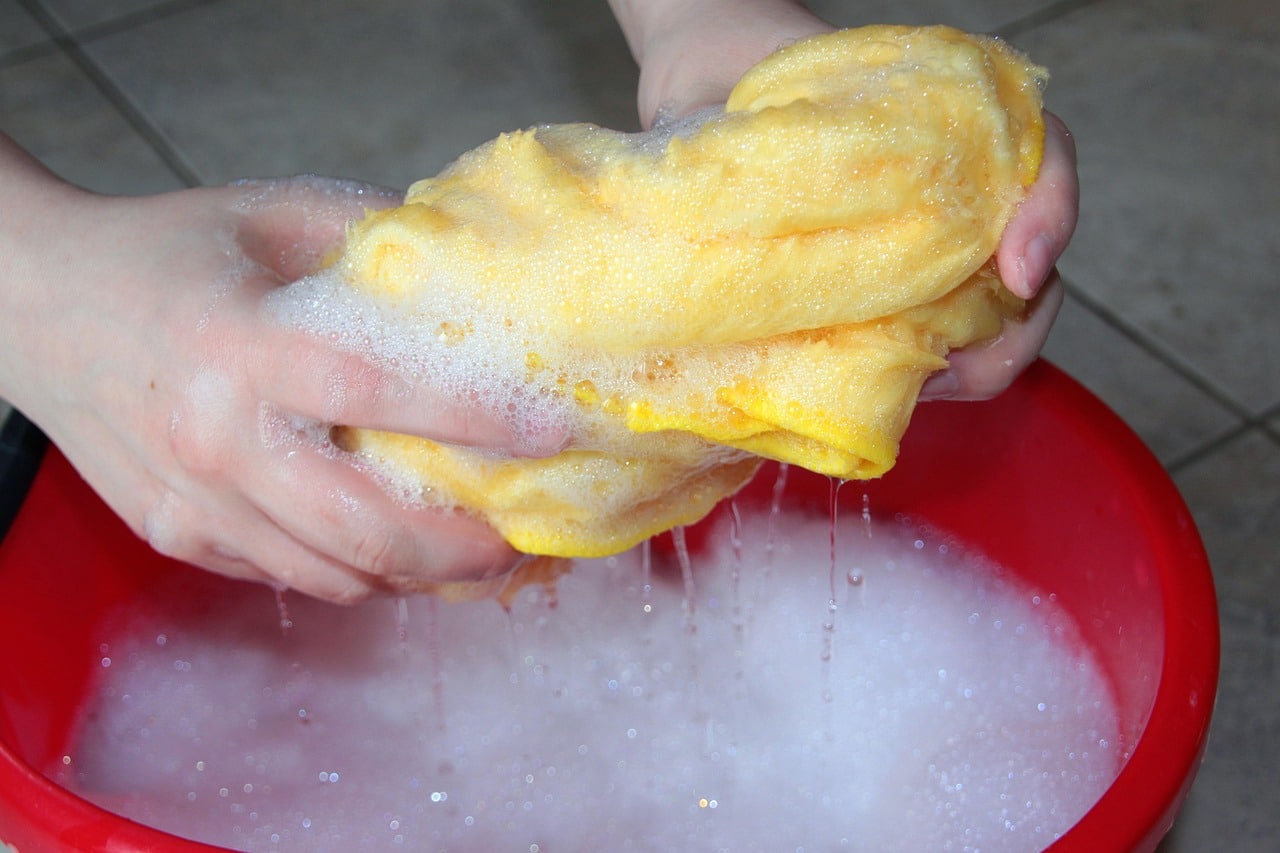
PSA floated a possible new service: card cleaning before grading. This potential add-on would involve gently wiping cards to remove fingerprints, dust, and minor surface flaws for a small fee.
While it might sound like a helpful convenience, the announcement sparked considerable discussion within the collecting community. The idea reflects a growing trend in the hobby, where cleaning cards before submission has become common practice, often unofficially.
PSA’s move to formalize this process shines a light on an ongoing debate about how much cleaning is acceptable and what it means for card authenticity and grading standards.
What are the long-term implications? We have the answers in our overview of the PSA Card Cleaning Initiative.
PSA’s recent exploration of a card cleaning service sparked a lively debate among collectors. Among other services that they asked customers to consider was the following: “card cleaning (+$2.99 per card), cleaning and light buffing service to remove fingerprints, dust, and reduce minor surface scratches before grading.”
It wasn’t the only new service they floated. Others there included:
The idea first emerged through a customer survey that PSA circulated to gauge interest in potential new services. Among these was a proposed “cleaning and light buffing” add-on, designed to remove fingerprints, smudges, dust, and other minor surface imperfections.
PSA described this service as a delicate wipe-down rather than a deep clean. Most importantly, the company explicitly ruled out the use of any harsh chemicals, waxing, or “juice” — a phrase PSA president Ryan Hoge used to calm nerves within the community.
Hoge explained on X, by way of a follow-up: “The wipe service is relevant as we see more cards coming directly to grading from eBay, where collectors aren’t able to inspect or wipe the card themselves. It’s not uncommon for PSA graders to remove fingerprints or smudges, but this concept would make it an official service we offer.”
The proposal struck a sensitive nerve for collectors. It has long been a contentious issue in the hobby, and many enthusiasts have strong opinions on card cleaning.
It can impact the appearance and perceived authenticity of cards. PSA made it clear from the start that this wouldn’t be a DIY situation. Collectors themselves wouldn’t be allowed to clean cards if they wanted PSA grading.
Therefore, they believed the process would allow the company and card owners to maintain control over the process and ensure it didn’t compromise grading standards.
The cleaning service was just one part of a broader survey that included options such as grade notes and PSA-branded sleeves. However, as you can imagine, it quickly became the focal point of online conversations.
The potential for PSA to officially offer card cleaning raised questions about how far grading companies should go in altering a card’s condition and what impact that might have on the hobby as a whole.
When PSA’s card cleaning initiative first came to light, reactions were mixed and sparked heated debate within the collecting community.
Some collectors welcomed the idea, seeing it as a practical way to address minor surface flaws, such as fingerprints or dust. One Reddit user explained, “A card cleaning option (which sounds like more just wiping free of dust/smudges, not doctoring cards like Kurt’s Card Care) would be welcome for eBay purchases that go straight to PSA for grading.”
For them, a professional cleaning service was a smart move, offering a gentle and controlled approach that avoided the risks associated with DIY attempts.
On the other hand, longtime collectors and traditionalists were quick to voice their concerns. Many argued that any cleaning—even a light wipe—could compromise a card’s authenticity.
One Reddit user put it bluntly: “PSA considering card cleaning service? This feels like a slippery slope. Cleaning changes the card’s originality, and grading should be about the card as-is”. Others pointed out the mixed signals from PSA, noting, “PSA says they don’t approve chemicals or cleaning sprays, but then surveys customers about offering a cleaning service? Mixed signals much?”
The fact that collectors themselves wouldn’t be allowed to clean cards if they wanted PSA grading only amplified worries about control and transparency.
On Twitter, a concerned collector Tweeted, “It’s just wild that PSA has spent years frowning upon ‘card cleaning’ and banning people’s accounts for it, but have completely flipped script on the matter so long as it makes them money. The other services are whatever, if you wanna pay $2 for a 10-cent sleeve, be my guest.”
Although what PSA is offering is quite different, it reminded many collectors of controversies, such as the use of products like Kurt’s Card Care, and broader discussions on card tampering.
PSA president Ryan Hoge stepped in to clarify the company’s position, stressing that any cleaning would be minimal, carefully controlled, and would not involve harsh chemicals like “juice” or “wax.”
Despite this, many collectors remained uneasy. As one social media user summed it up, “Good that PSA clarified no harsh chemicals, but still worried about cleaning becoming a ‘gray area’ that might blur lines between legit and doctored cards”
In the end, the mixed reactions and community pushback likely led PSA to pull back from fully launching the service, opting instead to gather more feedback and proceed with caution. This episode underscored just how deeply personal and complex the issue of card cleaning is in the world of sports collectibles.
Following the initial controversy around the card cleaning service, PSA has taken a step back from aggressively pursuing the idea. PSA’s leadership, including President Ryan Hoge, emphasized that any cleaning would be minimal and careful.
In a Tweet he wrote, “To be clear, we’re always gauging interest for potential new service offerings—but this is simply a survey. The wipe service is relevant as we see more cards coming directly to grading from eBay, where collectors aren’t able inspect or wipe the card themselves.
It’s not uncommon for PSA graders to remove fingerprints or smudges, but this concept would make it an official service we offer.” When NEO Cards and Comics asked, “So this “cleaning service” would just be a microfiber wipe, no spray or anything like that would be involved?,” Hoge answered, “No juice, no wax.”
The idea PSA was floating was also changed on the website. It now reads: “Wipe Down Service ($2.99 per card); Wipe down service to primarily remove fingerprints, smudges, and dirt prior to grading.”
This cautious retreat reflects PSA’s awareness of how deeply collectors value authenticity and the risks involved in altering cards, even slightly. Instead of rushing into launching the service, PSA is opting to gather more feedback and keep the conversation open, ensuring they don’t alienate their core customer base. The card cleaning add-on remains a possibility, but for now, it’s more of a concept on pause than an active offering.
By backing away, PSA seems to be signaling that maintaining trust and transparency with collectors takes priority over rolling out new services that could stir controversy. The company’s approach highlights the delicate balance grading services must strike between innovation and preserving the traditions and expectations of the hobby.
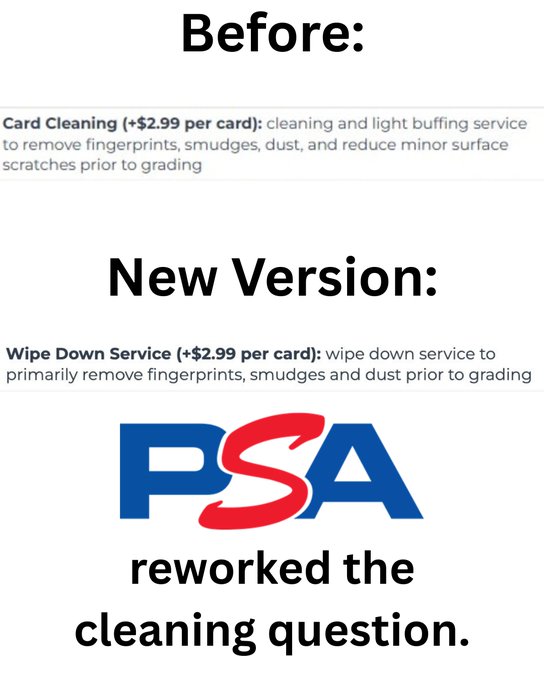
There was once a strict taboo surrounding altering cards before grading them, but over the years, that line has blurred, and the practice of card cleaning has become more mainstream.
The catalyst for much of this change has been “card juice,” a colloquial term for cleaning sprays and products designed to remove smudges, paint imperfections, and surface flaws without damaging the card.
Kurt’s Card Care is the most prominent company in this space, boasting that their products “do not stay on the card” and can restore cards to a near factory-fresh finish. While highly effective, the long-term effects of these products remain unknown, stirring debate over their use.
The hobby’s slow acceptance of card cleaning became more visible in 2020 when PWCC CEO Brent Huigens publicly suggested the hobby should mature to accept card tampering as standard, even hinting at investing in such services—a stance that ignited backlash.
Things escalated in 2023 when former NFL player Evan Mathis openly admitted to trimming cards and shared tutorials, breaking longstanding taboos about what can be done to improve a card’s grade.
This debate reached a boiling point with the recent controversy around a Wemby Prizm Black 1/1 card graded PSA 10.
The card’s owner publicly credited Kurt’s Card Care products for sprucing it up, sparking massive backlash and dividing the hobby between traditionalists, who reject any alteration, and those who view card restoration similarly to art or vintage car refurbishment.
The situation remains unsettled. PSA and others have taken notable actions, such as deactivating certifications on cards treated with these products when evidence is found; however, inconsistencies remain—some high-profile cards treated with cleaning products continue to be graded without issue.
Social media watchdogs, such as Tiffany Cards, actively track altered cards and push for accountability, but the hobby remains sharply divided.
For many, cleaning cards before submission has become a standard practice, prompting PSA to crack down harder on this growing issue, despite the company still struggling to detect such alterations during grading.
One eye-opening example involved ACA Collectibles, which posted a 2018 Panini Contenders Optic Luka Doncic Red Auto card. Before submission, the autograph was sharp and vibrant, but after PSA graded it a PSA 10, the autograph looked suspiciously faded.
Instead of hiding this, ACA Collectibles proudly shared the PSA 10 grade, suggesting their cleaning routine was part of their strategy to get top grades. This pattern repeated with other cards, such as a 2020 Panini Contenders Optic Jordan Love Orange Auto Ticket, which exhibited similar fading after cleaning and grading.
Social media sleuths, especially the account @tiffanycards, have been instrumental in exposing these altered cards, pointing out faded autographs and signs of card cleaning. Despite PSA certifying some of these cards as PSA 10 Gem Mint, the evidence of tampering is clear to many collectors.
Suspicious posts showcasing before-and-after photos have since been removed from the ACA Collectibles account, which can be seen as an admission of guilt.
PSA responded swiftly once alerted, marking the Luka Doncic card with an “N5: Altered Stock” designation, invalidating its grade. More strikingly, PSA invalidated other cards submitted alongside it, including a Shohei Ohtani rookie card, sending a strong message that submitting doctored cards risks all your submissions being dismissed.
This crackdown, while firm, still falls short of blocking repeat offenders from submitting cards again; however, the PSA could consider measures like blocklisting to deter habitual offenders.
The truth is, everyone is cleaning their cards before they submit anyway. If you’ve ever gone through a bulk submission service, you’ve probably noticed that many of them charge a little extra for cleaning as part of the process.
This reality makes PSA’s proposal feel less revolutionary and more like an attempt to formalize and control a practice that’s already widespread.
This whole episode shows how card cleaning is no longer a black-and-white issue in the hobby. While PSA tries to strike a balance between innovation and tradition, collectors continue to debate how much, if any, cleaning should be part of the grading process.
What you need to know about Cal Raleigh 👀
Top 5 Sports Card Athletes to invest in RIGHT NOW (big ROI potential!)
 0:58
0:58
The best small town card shop? 👀
Sports Card Scavenger Hunt! (5,000 Subscriber Special!)
I hit a SWEET auto from the #1 overall pick at PCB hobby
The Ultimate 2024 Football Card Brand Tier List (Panini vs. Topps and more!)
2025 Topps All Star Game Mega Box Product Review
Ripping the new Topps All Star Game mega box.
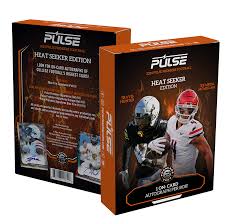
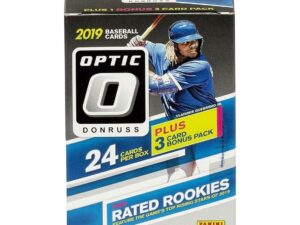
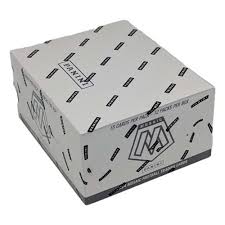
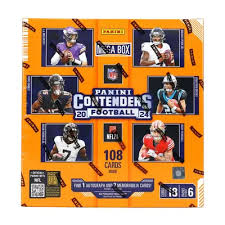
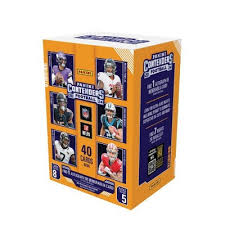
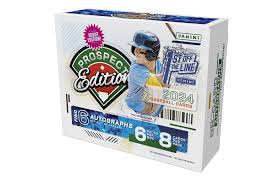
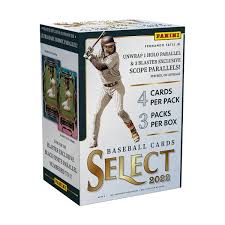
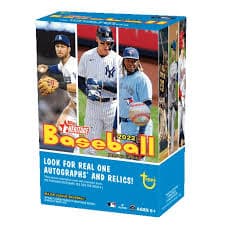
2022 Topps Heritage Baseball Blaster Box Configuration: 7 Packs per Box – 9 Cards per Box. Plus 1 extra pack.
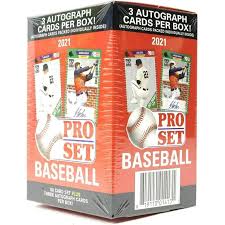
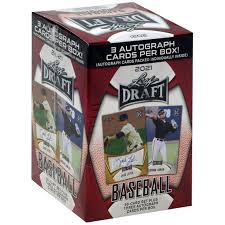
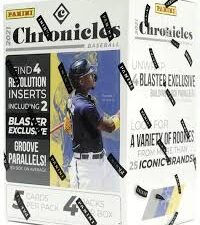
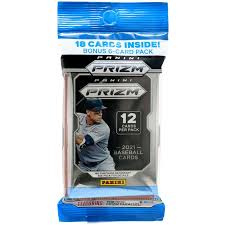
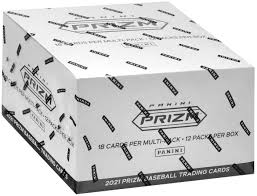

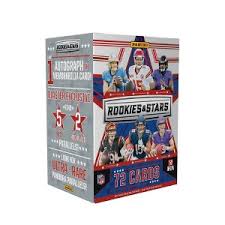

Keep up on breaking Sports Card News, our latest articles, product specials and exclusive content with expert analysis of hobby trends.

© Copyright 2025 - All rights reserved Cardlines.com / Media Techs LLC - Sports Card News, Reviews, Releases and BREAKS - #thehobby.
Important: When you click on links to various merchants on this site and make a purchase, this can result in this site earning a commission. Affiliate programs and affiliations include, but are not limited to, the eBay Partner Network.
🚨 BREAKING: $400M sports card and memorabilia scam busted. Dead body found.
Cardlines 7 hours ago